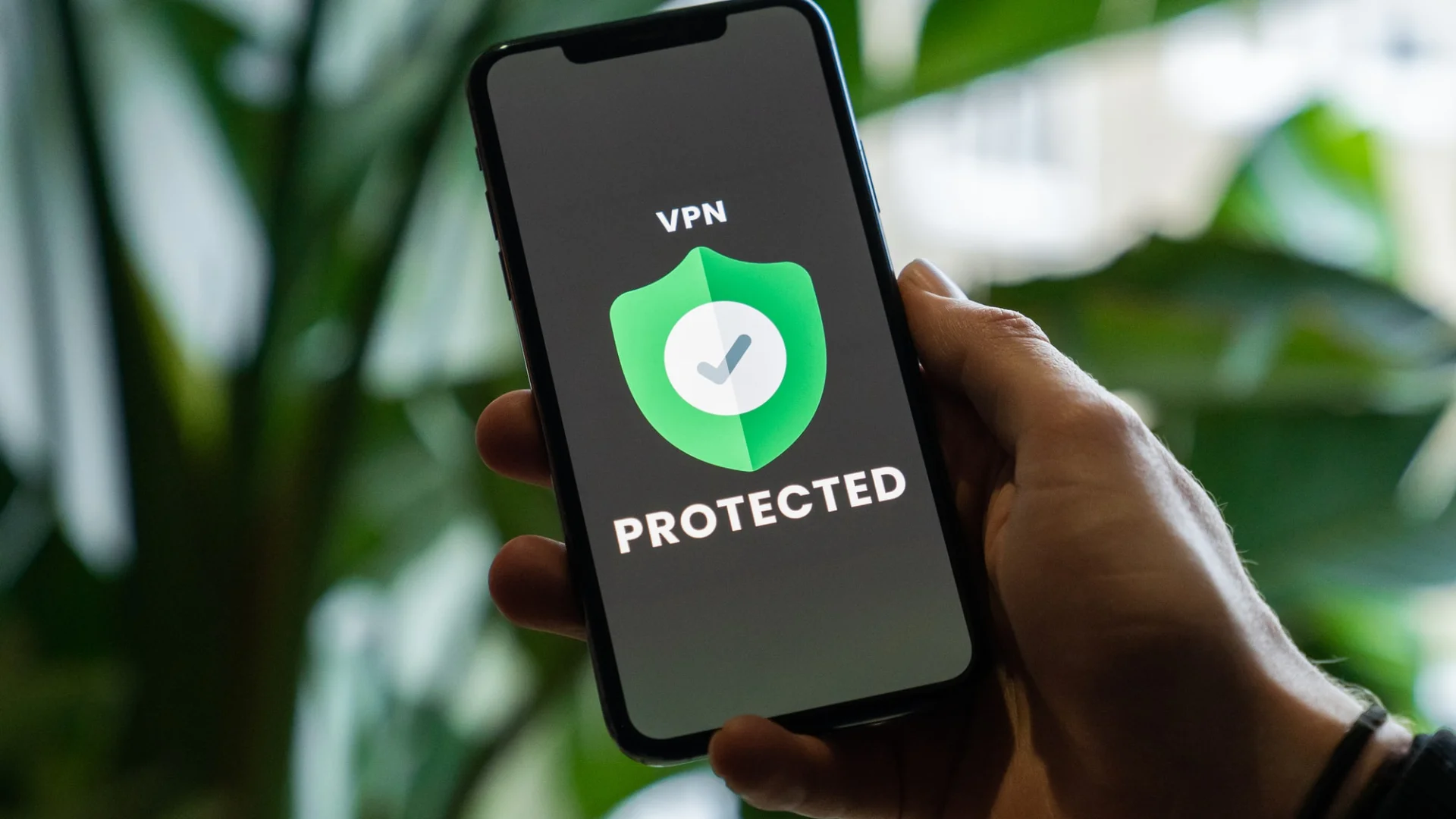A VPN encrypts all data transferred between you and your provider’s servers. This protects you from hackers on unsecured networks like public Wi-Fi and protects your privacy when using communication tools such as Skype, WhatsApp, or Zoom.
It also helps to avoid price discrimination by changing your location on e-commerce sites and prevents cybercriminals from tracking you online. This is the main reason why many businesses and organizations offer (or even require) VPNs for employees who work remotely.
Hide Your IP Address
So, What is the purpose of VPN and how to use VPN? A VPN encrypts your network connection to create a secure tunnel between your device and the Internet. This hides your IP address, browsing history, operating system information, and device identifiers so no one can spy on your activities.
For example, if you use public Wi-Fi in your apartment building, anyone on the same network can see what websites you’re visiting and the content you’re viewing. This is problematic because some sites have been known to collect visitors’ personal and financial data, including credit card numbers. With a VPN, however, this activity is invisible to anyone on the same network.
VPNs also cloak your online activity, making it harder for third parties to track your behavior and send you targeted advertisements. This can help you avoid annoying ads and save on data usage when streaming content, shopping, or playing games. Many VPN services include dedicated ad blockers. They can’t stop all advertising types, so select a provider with robust features and an easy-to-use interface.
Unblock Geo-Restricted Content
Aside from being an essential tool for remote workers, VPNs are also helpful for those who want a little extra privacy in their day-to-day online activities. For example, log into your online bank account or make a credit card payment while using public Wi-Fi. In that case, a VPN can add an extra layer of protection against cyber threats and data eavesdropping.
Additionally, your VPN can hide your location when browsing the Internet, which is beneficial if you’re trying to access geo-restricted content in your region. For instance, streaming services like Netflix can enforce region restrictions due to licensing agreements or censorship. VPNs allow you to connect to servers in different cities, states, and countries, so you can virtually change your location to bypass these restrictions.
This is especially helpful when traveling abroad — or to avoid annoying throttling from your ISP when streaming videos and gaming. As a bonus, many VPNs offer multiple server locations, which can also boost your internet connection speeds.
Protect Your Privacy
Online privacy is necessary in a world where cyberattacks and data breaches are common. VPNs offer a layer of encryption that protects your data, browsing history, and other personal information from hackers and cybercriminals.
Without a VPN, your internet service provider (ISP) and web browsers can see almost everything you do online. These services can correlate your search history with other information, like location and device identifiers. They also sell this data to third parties for marketing purposes.
In addition to protecting your online privacy, a VPN can help protect your device from identity thieves and other cybercriminals. When you connect to a VPN, all your data passes through an encrypted tunnel that third-party sources or the government cannot access. This makes it much more difficult for hackers and cyber thieves to steal your information to commit crimes in your name, including hijacking accounts, filing tax returns, or renting or buying property. This is why it’s essential to always have a VPN on your smartphone, computer, and other devices.
Prevent Data Throttling
A VPN helps to prevent data throttling from your ISP. ISPs may throttle your Internet connection speed if they see you’re using too much bandwidth to stream or download large files. A VPN can help to prevent this issue by hiding your Internet traffic in a private tunnel, making it harder for your ISP to detect.
VPNs also provide an extra layer of security against hackers and cybercriminals. When connected to a public Wi-Fi network, your device and internet connection are vulnerable to eavesdropping by strangers who can access things like your IP address, browsing history, operating system info, device identifiers, and more.
A VPN can hide all of this information from a potential hacker, making it much harder for them to track your activity on the Internet and target you with ads. This is another primary reason why people choose to use a VPN.
Secure Your Device
Whether shopping for a new phone, streaming your favorite shows, or accessing the office remotely, a VPN protects your online data from cyber criminals and ISP snoops. By encrypting your internet connection with a virtual private network, a VPN makes it impossible for anyone to read what you’re doing online – including the links you click and files you download.
Many of us know that our ISPs track our browsing habits and sell them to the highest bidder – but a well-configured VPN cloaks your activity and keeps it off the public record. A VPN also helps you avoid data throttling, which slows your connection speed when downloading large files or streaming content.
Finally, a VPN can help you save money on flight tickets or e-commerce purchases. Location-based price discrimination is common for big-ticket items, and it’s possible to mitigate the effect by connecting via a VPN with a server in your home country when you shop. Ideally, choose a provider with a no-log policy and OpenVPN support.



